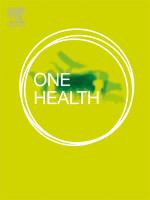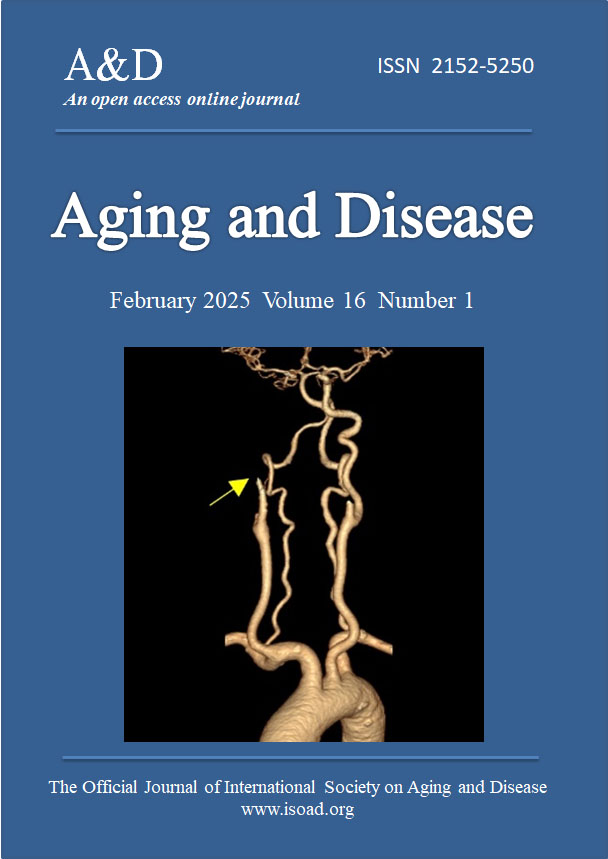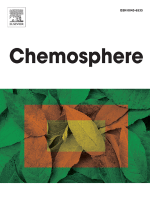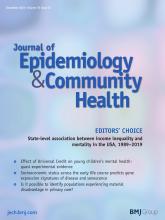Comprehensive analysis of West Nile Virus transmission: Environmental, ecological, and individual factors. An umbrella review
Background West Nile Virus (WNV) exemplifies the complexities of managing vector-borne diseases, expanding globally due to human activities and ecological changes. Originating from Africa and transmitted by Culex mosquitoes, WNV is now reported across multiple continents. The aim of this study was to identify the environmental, ecological, and individual factors influencing WNV transmission. Methods An…











